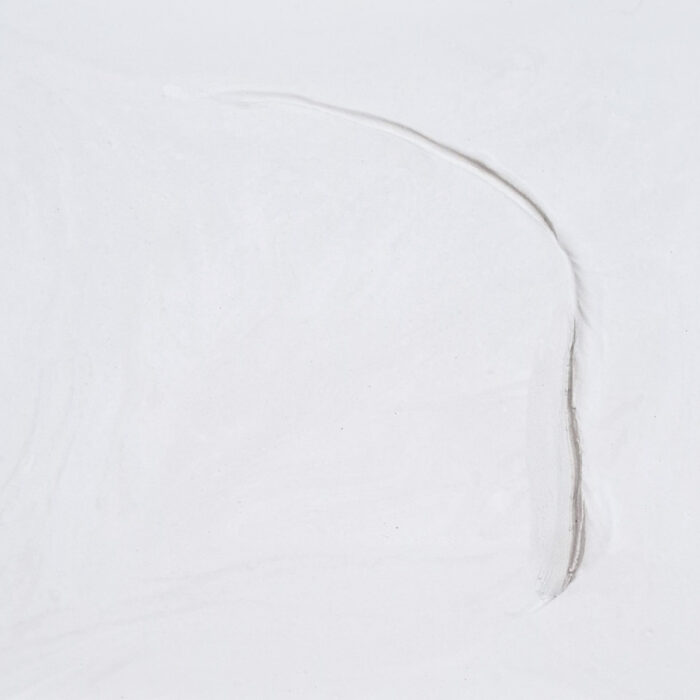
Opening Friday, January 24, 7 pm
Past tenses
Glorious futurologies
Poetries to another
Drama
Ineffable dramas
The quest to use abstraction as a means to communicate the ineffable aspects of human experience is central to my artistic practice. In my work, I explore the infinite possibilities inherent in visual compositions that may appear random at first glance. However, these compositions are not merely exercises in craftsmanship; rather, they are deliberate reductions to essential forms—each one designed to provoke meaningful experiences. By avoiding figurative elements, I aim to create an environment that encourages viewers to engage with their emotions without relying on external associations. This process is less about representation and more about fostering a deeper, almost spiritual reflection. The compositional elements are vehicles, not ends in themselves, guiding the viewer through an exploration of existence and transcendence.
As Agnes Martin once wrote, “The world is already complete. All we have to do is understand it.” Her belief in the inherent order and serenity of the world aligns with my own pursuit of simplicity as a path to transcendence, contemplative space—one that transcended the material world, much like my work seeks to do. By stripping away the superfluous, we create room for profound, wordless reflection. Similarly, Mark Rothko emphasized that his art dealt with “basic human emotions,” reinforcing the idea that abstraction transcends surface-level form to speak directly to the heart of human experience, a statement that echoes in my practice.
In this context, my work also aligns with the philosophical concept of the sublime, as articulated by Immanuel Kant in his Critique of Judgment (1790). Kant described the sublime as an experience that evokes awe, grandeur, and the infinite—sensations that often overwhelm both the senses and the intellect. These overwhelming experiences serve to illuminate the limits of human understanding while simultaneously expanding the scope of reason. For Kant, the sublime exists in the vast or the formless, pointing beyond the confines of physical reality. It bridges the sensory and intellectual realms, where pure forms have the power to provoke profound thought. This idea of the sublime is central to my approach, as I seek to evoke an emotional and intellectual response in the viewer that transcends conventional perception, engaging both their senses and their reason in an exploration of universal themes.
Fernando Mesquita was born 1976 in Santarém, Portugal, since 2009 he lives and works in Vienna.
He graduated in Fine arts from ESAD, Caldas da Rainha, Portugal. He is working with and between various media like drawing, video, performance, sculpture, installation, sound and poetry, with a centrality of painting in his practice. His pieces often value simplicity over complexity, while the repetition of gestures is a central element. Improvisation, tactility, humour and the present stand as metaphors for Mesquita’s Œuvre. His works have been shown internationally and he has participated as artist and curator in several projects over the years.